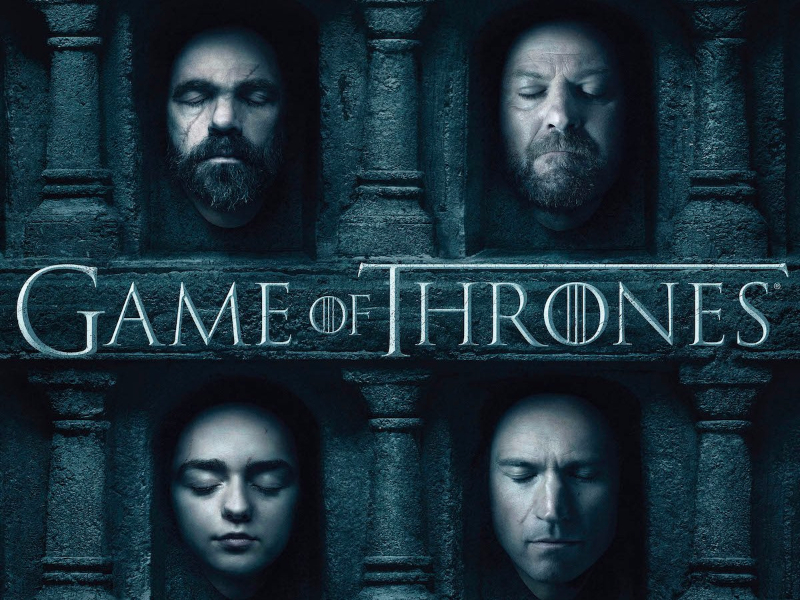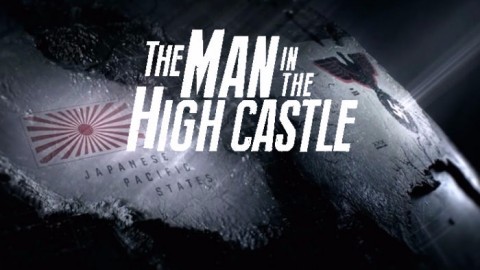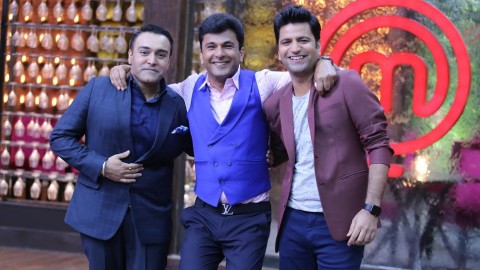Making a serialised drama and keeping it engaging is a tedious task, especially when it comes to a show with humongous magnitude like Game of Thrones which has an innumerable amount of interrelated plot-lines and dragons flying around. However, David Benioff and D.B. Weiss have been doing a great job of adapting G.R.R. Martin’s source material over the past six years that the show has never had many of the issues fantasy dramas often do. Season six of Game of Thrones premiered on April 24th and concluded on June 26th, offering plenty to the viewers in terms of both content and spectacle.
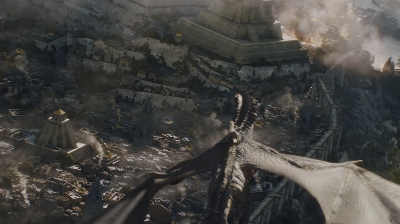
A look at the amazing vfx used in season 6
The plot picked up where season five had left off in its finale and spent the first two episodes resolving the many cliffhangers that had been thrown at the viewers at the end of season two. Unlike the pattern followed by the show from seasons one through five, season six did not spend much time building up the story slowly. Rather, this season was fast-paced from the get-go, offering several intense moments and plot twists one after the other. Season six’s first big moment happened at the end of episode two when fan-favourite Jon Snow was finally resurrected, putting an end to a year’s worth of rumours and speculations.
Jon Snow’s return was comparatively a minor twist given how it was more or less confirmed earlier and considering the other surprises the show had in stock this year. Almost all the episodes had various plot-twists and moments that had the show’s signature on it. The season’s highlight however, were the last two episodes which are undoubtedly two of the best episodes the show has produced so far. Game of Thrones concluded its sixth season in a grand fashion leaving its entire roster of characters at places signifying the beginning of the saga’s final chapter for which fans will have to wait another year.
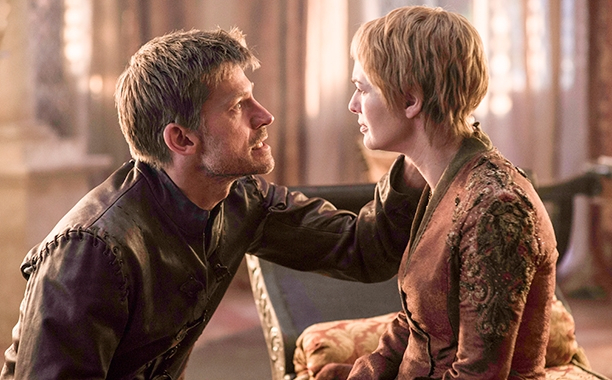
Nikolaj Coster-Waldau and Lena Headey as Jaime and Cersei Lannister
There was a lot to love about Game of Thrones this season, especially in terms of how all the different storylines were handled. The fifth season had trouble keeping the viewers engaged and had held back the good content to the last couple of episodes. In contrast to this, season six was eventful and all the plot-lines were handled and presented in a great manner. But this does not mean that the season was free of faults. While the conflict in the North and the turmoil in Essos were presented with great care and detail, some of the other plot-lines such as Arya Stark’s arc and the events in King’s Landing remained dormant for the most part and heated up only towards their endings.
The technical aspects of the show had an equally important role in delivering such a strong season. Game of Thrones’s increments in its budget was reflected in the quality of its execution. The visual effects felt much more realistic and extravagant, particularly in episodes nine and ten. In fact, those two episodes would not have been so breathtaking if not for the meticulous execution as directed by Miguel Sapochnik. “Battle of the Bastards” is amongst the best TV episodes to have ever been made and nothing like the war sequence from the episode has been done on a TV series before. In addition, the first twenty minutes of “The Winds of Winter” felt like something out of a retro-gangster drama. This season featured some of the best cinematography the show has had so far. Another important aspect that deserves every bit of respect is the brilliant score composed by Ramin Djawadi. The season finale would not have felt so moving without “Light of the Seven” playing in the background, which mostly involved a piano. The track was minimalistic and opulent at the same time and managed to perfectly capture the feel of what was happening on screen.
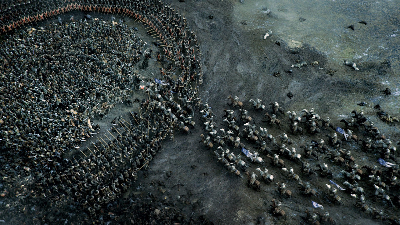
A still from “Battle of the Bastards”
The cast of the show remained outstanding as they always have. Sophie Turner, who plays Sansa Stark, had much more material to work with this season and pulled off her job neatly, proving her talent as an actor. Iwan Rheon was gruesomely brilliant as Ramsay Bolton. Lena Headey continued to be excellent as Cersei Lannister. Peter Dinklage, who usually steals the scene, did not get as much screen presence as he did in the previous seasons. Supporting actors like Liam Cunningham and John Bradley also handled their roles well. The cast included a surprise in the form of young Bella Ramsey, who played Lyanna Mormont. Bella delivered a performance unusually excellent for a child artist which quickly made her a favourite among viewers.
All in all, Game of Thrones season six was a treat for its viewers. Although it may not have lived up to the show runners’ claim of being the show’s best season yet, it did come close and served the fans with a good deal of twists, drama, action, and aesthetics. Season six also brought closure to some of the largest fan-theories surrounding the show’s plot and ended on a high note promising even larger things in its final two seasons.
Tags: Game Of Thrones Game of Thrones Season 6
